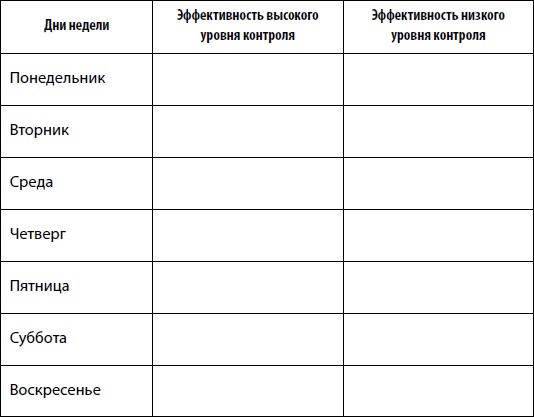Experience.” In
Handbook of Mental Control, edited by D. M. Wegner and J. W. Pennebaker. Upper Saddle River, NJ: Prentice Hall.
48. Roemer, L., and S. M. Orsillo. 2009. Mindfulness and Acceptance-Based Behavioral Therapies in Practice. New York: Guilford Press.
49. Salkovskis, P. M., and O. Kobori. 2015. “Reassuringly Calm? Self-Reported Patterns of Responses to Reassurance Seeking in Obsessive Compulsive Disorder.”Journal of Behavior Therapy and Experimental Psychiatry 49 (Part B): 203–8.
50. Steele, C. M. 1988. “The Psychology of Self-Affirmation: Sustaining the Integrity of the Self.” In Advances in Experimental Social Psychology, vol. 21, edited by L. Berkowitz. San Diego, CA: Academic Press.
51. Teasdale, J., M. Williams, and Z. Segal. 2014. The Mindful Way Workbook: An 8-Week Program to Free Yourself from Depression and Emotional Distress. New York: Guilford Press.
52. Vohs, K. D., and R. F. Baumeister, eds. 2011. Handbook of Self-Regulation: Research, Theory, and Applications. 2nd ed. New York: Guilford Press.
53. Wagner, D. D., and T. F. Heatherton. 2011. “Giving in to Temptation: The Emerging Cognitive Neuroscience of Self-Regulatory Failure.” In Handbook of Self-Regulation: Research, Theory, and Application, 2nd ed., edited by K. D. Vohs and R. F. Baumeister. New York: Guilford Press.
54. Wegner, D. M. 1994a. “Ironic Processes of Mental Control.” Psychological Review 101 (1): 34–52.
55. Wegner, D. M. 1994b. White Bears and Other Unwanted Thoughts: Suppression, Obsession, and the Psychology Mental Control. New York: Guilford Press.
56. Wegner, D. M. 2011. “Setting Free the Bears: Escape from Thought Suppression.” The American Psychologist 66 (8): 671–80.
57. Wegner, D. M., and J. W. Pennebaker, eds. 1993. Handbook of Mental Control. Englewood Cliffs, NJ: Prentice-Hall.
58. Wiggins, G. A., and J. Bhattacharya. 2014. “Mind the Gap: An Attempt to Bridge Computational and Neuroscientific Approaches to Study Creativity.” Frontiers in Human Neuroscience 8: 540. http://dx.doi.org/10.3389/fnhum.2014.00540.
Примечания
1
Дистресс – состояние страдания, при котором человек не может полностью адаптироваться к стрессовым факторам и вызванному ими стрессу и демонстрирует дезадаптивное поведение. – Примеч. ред.
2
Экспозиция, экспозиционная терапия (англ. exposure therapy) – техника лечения тревожных расстройств. Суть техники заключается в экспозиции пациента к источнику тревоги или ее контексту в отсутствие прямой опасности. Это помогает пациенту преодолеть тревогу или стресс. – Примеч. ред.
3
STP – stop, think and ponder (англ.) – Примеч. пер.





